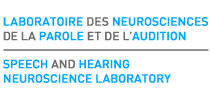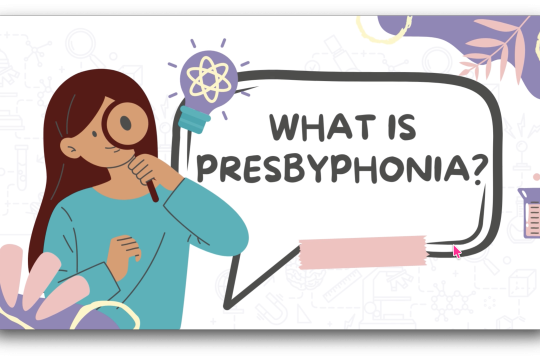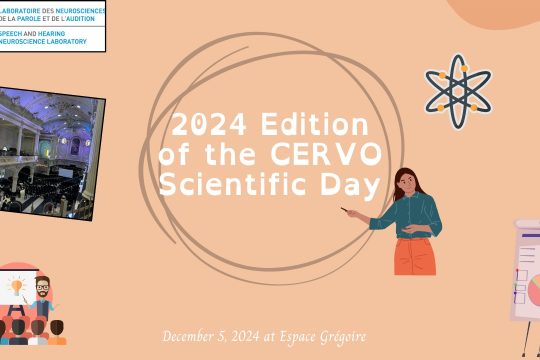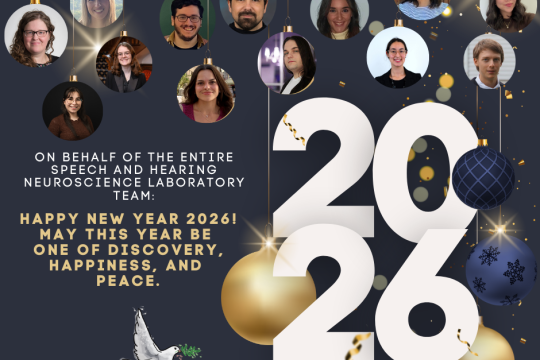Alexandre’s study presented at the Scientific Day of the Quebec Bio-Imaging Network (QBIN)
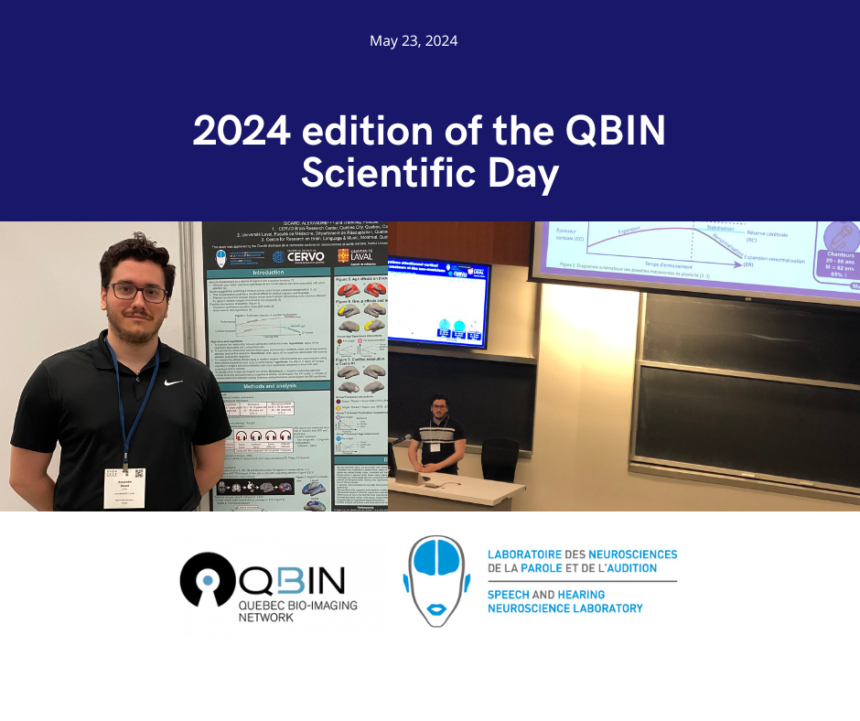
At the annual scientific day of the Quebec Bio-Imaging Network (QBIN) on May 23rd, Alexandre, a PhD student in the lab, intrigued the audience with his groundbreaking research on cortical aging. This event represents a significant moment for students and researchers in Quebec, offering a platform for sharing and discussing advances in bio-imaging. The laboratory delegation also included Pascale (lab director) and Xiyue (PhD student).
Alexandre chose to present part of the results from his master’s project, which is part of our larger PICCOLO project, exploring the relationship between normal cortical aging and cognitive decline. His goal is to identify strategies to mitigate cognitive decline. Specifically, the study examines whether engaging in leisure activities can induce beneficial brain reorganization -known as experience-induced plasticity- to reduce the negative effects of aging on cognition. For this project, Alexandre recruited singers, instrumentalists, and participants engaged in non-musical activities. Auditory attention was assessed in all participants and structural MRI images were acquired to study the relationship between cognitive aging and cognitive functions, particularly attention, in singers, instrumentalists, and people engaged in non-musical activities.
*The presentation was made in French*
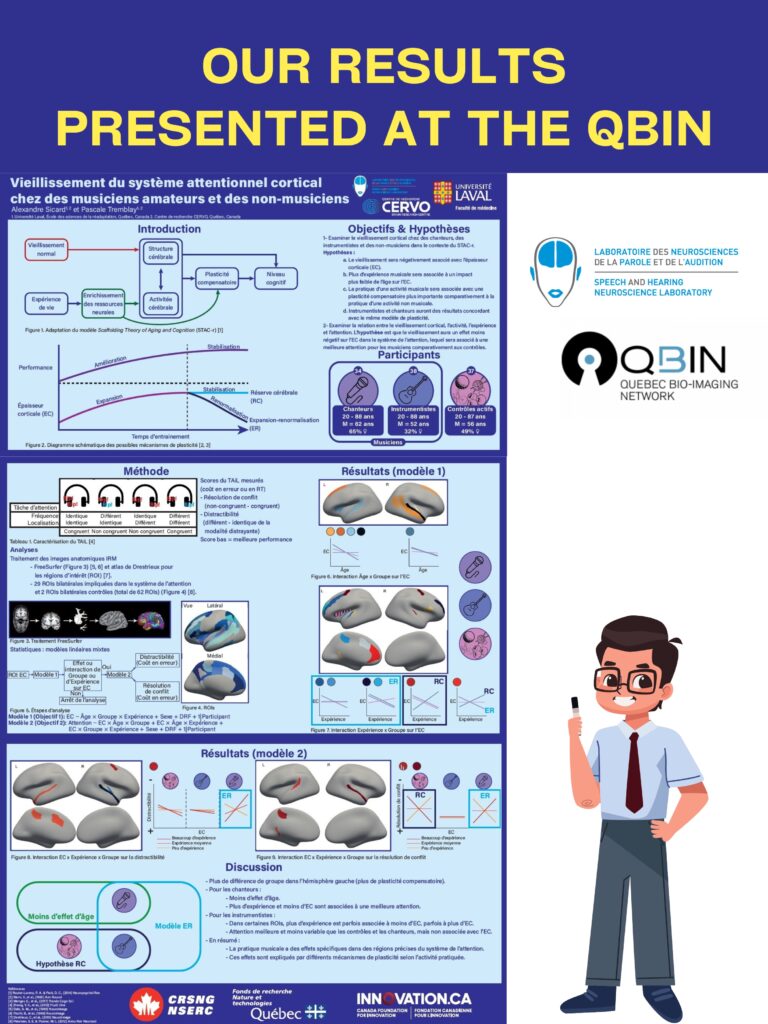
Alexandre’s preliminary results are promising: they suggest that musical activities could have a protective effect on attention and cortical structure. These findings pave the way for new interventions to promote healthy cognitive aging and underscore the importance of innovation in bio-imaging.
Congratulations, Alexandre, for your involvement and valuable contribution to this important project!
Suggested readings :
- A forest of neurons
- Can musical practice improve listening to conversations in noise?
- FRQNT-funded research project on the impact of musical activities on the brain
- Gray and white matter
- How does the human brain work?
- Inducing plasticity
- Magnetic resonance imaging (MRI)
- Navigate Scientific Day 2023
- New interns in the lab: Béatrice & Alexandre
- New scientific article about the impact of singing on articulation
- New Scientific Article on the Impact of Singing on Brain Networks
- Scientific Article on the Benefits of Choral Singing
- The anatomy of the human brain
- The event Les filles et les sciences 2023 in Quebec
